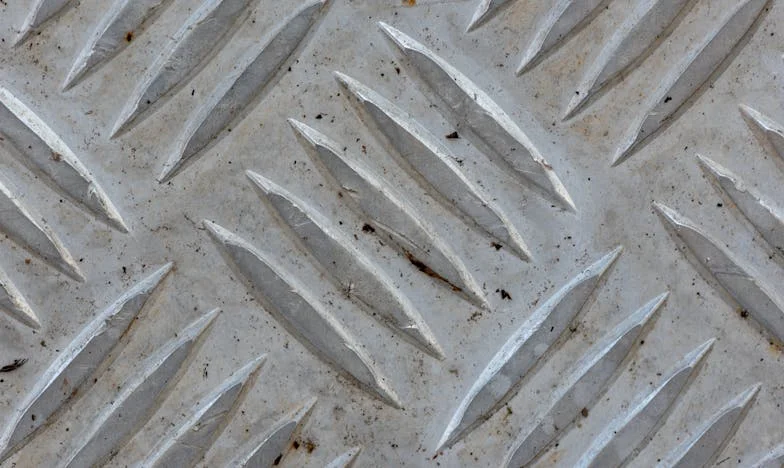The Night the Rain Changed Everything: A Story of Family, Fate, and Forgiveness
The rain hammered the kitchen windows in steady sheets, making the world outside look blurred and distant. I remember clutching my mug of chamomile tea, my thumb idly tracing the chipped edge. Mom sat across from me, her silver hair pinned up, a slice of chocolate cake untouched on her plate. The air was thick with the calm that only comes after a long day filled with guests and laughter — her seventy-fifth birthday had been a beautiful chaos.
But the silence was broken by the screech of brakes and the angry shout of a stranger outside. I jumped. Mom flinched, her hands trembling slightly, tea sloshing onto the table. “Damn weather,” I muttered and got up to peer through the curtain.
On the street, a car had sped through a puddle, drenching a woman walking her dog. She stood frozen, water streaming down her raincoat, her face hidden by a hood. The driver was already gone. I felt a pang of sympathy.
Mom was staring. “You should go see if she needs help, Megan.”
I hesitated, but the urgency in her voice spurred me. I grabbed an old towel from the laundry and pulled on my boots. The wind hit me like a slap, cold and sharp. “Excuse me! Are you okay?” I called.
The woman looked up, her eyes wide and sad. “I—I’m fine, thanks. Just my luck.”
I handed her the towel. “My house is right here. You can dry off inside. It’s freezing.”
She hesitated, but the dog—some kind of terrier—shook pitifully, and together they followed me. As I opened the kitchen door, Mom’s face went pale. Her teacup rattled in her saucer. “Elaine?” she whispered.
The woman froze. “Hello, Linda. It’s been a long time.”
I stared, stunned. Elaine and my mother looked at each other like ghosts. The dog whimpered as the silence stretched.
“You two know each other?” I managed.
Mom’s voice was brittle. “She’s my sister.”
The confession dropped between us like a thunderclap. I had heard family stories in fragments—about a sister who left home decades ago, after some fight no one would talk about. But I’d never met her, never expected to.
Elaine’s eyes filled with tears. “I didn’t know you still lived here.”
Mom’s hands clenched. “You never asked.”
I was caught between them, my heart pounding. “Do you want some tea, Aunt Elaine?”
She nodded, eyes on the floor. I busied myself with the kettle, the air vibrating with things unsaid.
Finally, Mom broke the silence. “Why are you here? After all these years?”
Elaine looked at her, broken. “Our brother died last week. I wanted to tell you in person. I thought—maybe—it was time.”
Mom’s face crumpled. She covered her mouth with shaking hands. For a moment, I saw not the strong, stubborn woman who had raised me, but a lost child.
“Why didn’t anyone tell me?” Mom asked, voice small.
Elaine’s tears spilled over. “You stopped talking to us. After Dad’s funeral, after all those fights about the house and the money—you shut us out. I tried to call. You never answered.”
The kitchen was suddenly suffocating. I forced myself to speak. “You both lost so much. Isn’t it time to let go?”
Mom glared at me, but then her gaze softened. “You don’t understand, Megan. You weren’t there.”
I put my hand over hers. “Maybe not. But I’m here now. We’re all here.”
The rain outside began to ease, the thunder fading into distant rumbles. Elaine sipped her tea, her hands shaking. “I’m tired, Linda. I don’t want to fight anymore. I just want to remember the good times.”
Mom looked at her sister for a long moment. “You remember when we used to skip school and go to the boardwalk with Archie? Eat funnel cake until we got sick?”
Elaine laughed through her tears. “We swore we’d never tell Mom.”
I watched as the two women—my mother and the aunt I never knew—slowly began to open up, their voices tentative, then stronger. They spoke of childhood, of old friends, of pain and loss and regrets that had grown heavier with time.
The birthday cake sat forgotten. The tea went cold. But for the first time in decades, the sisters found each other again.
When Elaine finally left—dog in tow, wrapped in my old raincoat—Mom stood at the window, watching her go. She didn’t say anything for a long time.
“Do you think people can really forgive each other, after everything?” she asked, her voice barely above a whisper.
I squeezed her hand. “I think you just did.”
Now, sitting here alone, I wonder: How many families are broken by old wounds, by pride, by things left unsaid? How many second chances do we let slip away before it’s too late? Would you take that chance if fate handed it to you—even if it came with the splashes of a muddy puddle on a cold, rainy night?
